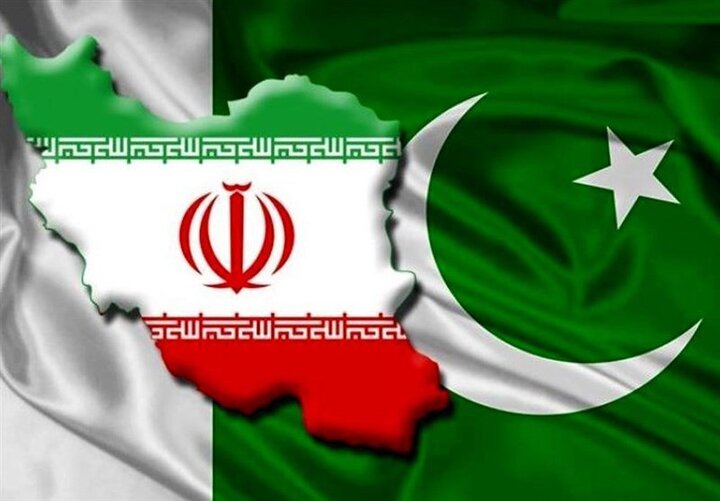
“We will not let anyone use their veto,” Dar said at a press briefing Tuesday, without naming the United States according to VOA.
Pakistan and Iran signed a Gas Sales and Purchase Agreement in June of 2009 for a pipeline that would supply 750 million to 1,000 million cubic feet per day of gas to energy-starved Pakistan from Iran’s South Pars Field.
While Iran said in 2011 that it had completed its side of the pipeline, construction delays continue on the Pakistani side, primarily for fear of invoking USsanctions.
The Biden administration has repeatedly said it does not support the Pakistan-Iran pipeline as Tehran is under US sanctions for its nuclear program.
“The government will decide what, when, and how to do anything based on Pakistan’s interests. It cannot be dictated to us,” Pakistan’s foreign minister told reporters in Islamabad.
In February, Pakistan’s outgoing caretaker government approved building a small patch of the pipeline from the Iranian border into Pakistani territory to avoid billions of dollars in penalties for project delays.
Prime Minister Shehbaz Sharif’s government, which took office in March, has not begun construction on the project.
“We have to watch our interest. We have to look at our commitments,” Dar said, rejecting the notion Pakistan was delaying the project under U.S. pressure. However, he conceded the pipeline is “an issue that is quite complicated.”
After President Ebrahim Raeisi’s visit recently in which both sides agreed to boost bilateral trade to $10 billion dollars, the US State Department warned, yet again, that Islamabad could face trouble for doing business with Tehran.
DID